Did you know a petroleum by-product from making gasoline is commonly used to make cooking oil? Potentially making your cooking oil contaminated. Without being listed in the ingredients…..
I know it’s a little hard to believe. It was for me too.
A close friend & I got together for a cooking night at my house. Kind of a girls night in – fun and food were plenty. That night we were whipping up some Italian food. She asked what kind of olive oil we were using. I wasn’t sure what she was asking me…. olive oil is olive oil- right?
Then she shared some crazy information with me. Turns out all oils are not created equally.
I was appalled and horrified! What was I feeding to my family?!?! I was done playing the fool! I vowed to never make the same mistake again.
Learn from my mistake – keep reading to find out. You’ll learn what type of oils are best and 3 simple ways to find 100% pure oils for your family. It’s much simpler than it sounds!
Expeller Pressed vs Chemical Extraction
Oils are made by extracting oil from a specific part of a plant such as the seed or fruit.
Oil can be removed in two ways.
- Expeller pressed which is a fancy way of saying they squeeze it or press the plant, nut or seed until the oil comes out. This is the old-fashioned way – and the safest.
- Chemically extracted means oil is extracted with a chemical called hexane.
When you see a cold pressed oil, it’s a good thing. Manually pressing the oil out causes heat. Temperature controlled extraction prevents the oil from going rancid quickly.
Expeller pressing oils is a more expensive process. More labor is required and less oil is extracted.
Chemical Extraction is Cheaper
Chemical extraction is easier and cheaper for manufacturers. For you, it could have disastrous effects on your health.Chemical extraction uses Hexane.
What is hexane?
Hexane is a solvent or cleaner. Often used as paint thinner. It’s a petroleum by-product of making gasoline.
The agency for toxic substances & disease registry defines Hexane:
Summary: n-Hexane is a chemical made from crude oil. Pure n-Hexane is a colorless liquid with a slightly disagreeable odor. It is highly flammable, and its vapors can be explosive.
Hexane is commonly used as paint thinner, a solvent, and to make glue, varnish, and ink.
Hexane’s effects on humans from the US National Library of Medicine:
Acute (short-term) inhalation exposure of humans to high levels of hexane causes mild central nervous system (CNS) effects, including dizziness, giddiness, slight nausea, and headache. Chronic (long-term) exposure to hexane in air is associated with polyneuropathy in humans, with numbness in the extremities, muscular weakness, blurred vision, headache, and fatigue observed. Neurotoxic effects have also been exhibited in rats.
The EPA approved hexane’s use to extract oil, even in cooking oils.
Since hexane is being used during the extraction process it does not need to be listed on the label. Manufacturers can label the oil as 100% pure. How often is cooking oil contaminated with hexane passing onto our grocery store shelves?
Cooking Oil Contaminated? 3 Ways to Find A Safe Oil
Potentially contaminated Cooking oil is simple to spot.
- Look for expeller pressed or cold pressed on the label. They should be hexane free. Manufacturers who take the time to expeller press their oil are typically proud of it. They will clearly display expeller pressed on their packaging.
- Look for “hexane-free” on the label. It is pretty easy to find if labeled as hexane-free. Manufacturers see the value in hexane free oils for consumers and clearly label them.
- Look to Amazon as a good resource. Customers usually ask if the product is hexane free in the Q&A section.
If all else fails, contact the manufacturer. You can call, email or connect via social media. In my research I have yet to need to take this step – it’s a last resort.
If your current oil is not labeled hexane free or expeller pressed, buy a hexane free brand next time.
I also look for hexane free oils for use in my beauty products. The oil goes on my skin, which my body absorbs. Check out my 3 favorite super simple DIY Deodorant recipes! And the most important deodorant ingredients to avoid.
Hexane extraction is used in common cooking oils like soybean oil, canola oil, olive oil, peanut oil, and corn oil. Hexane is used in just about any oil you can buy so READ THE LABEL!
Processed foods typically use the least expensive ingredients. Expect processed foods to have an abundance of hexane extracted oils.
If you eat a lot of processed foods read your labels carefully! Better yet avoid the processed junk.
Share Your New Knowledge
- Show you care. Share this controversial information with your friends and family!
- Empower those you love. Keep them safe from ingesting cooking oil contaminated with hexane.
- Remember – Always buy expeller pressed and hexane free!
Here are some of my favorite cooking oils:
Avocado Oil – Lots of Omega fatty acids and a very high smoke point.
Grapeseed Oil – Neutral oil that works great in skin care products too
Coconut Oil – All around great to cook with and bake with.
Macadamia Nut Oil – High smoke point, lots of fatty acids, and tastes amazing!!!
What’s your favorite cooking oil?
Resources
https://pubchem.ncbi.nlm.nih.gov/compound/hexane
https://www.atsdr.cdc.gov/substances/toxsubstance.asp?toxid=68
https://www.epa.gov/sites/production/files/2016-09/documents/hexane.pdf

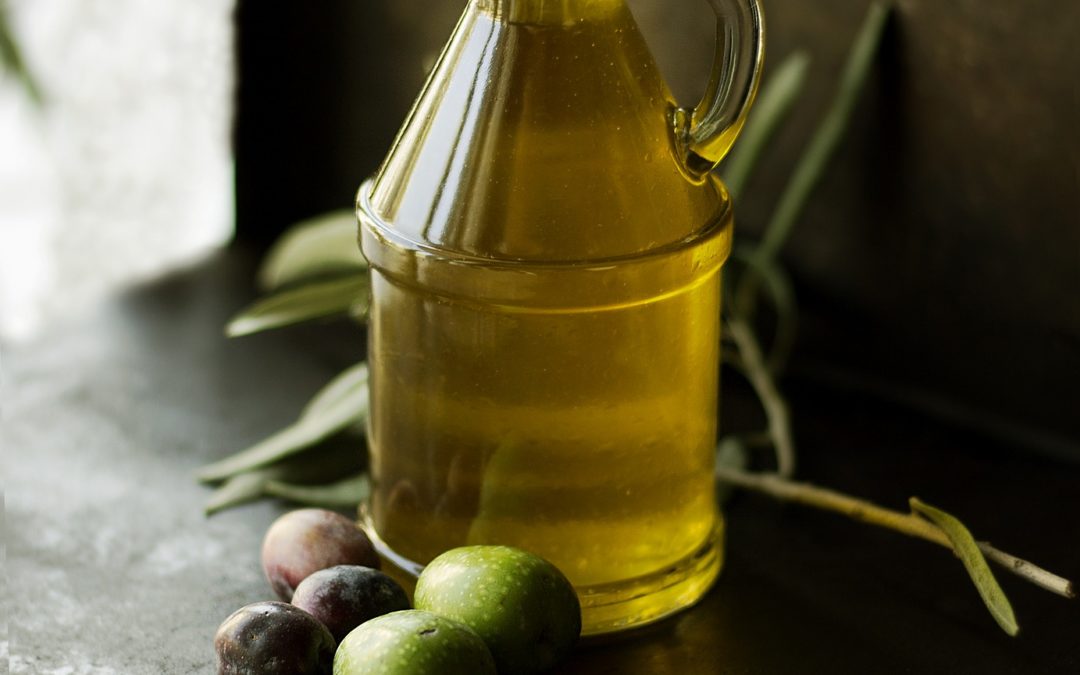
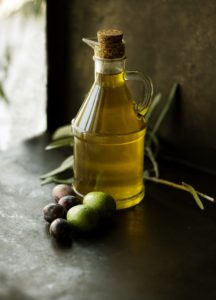
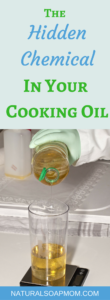
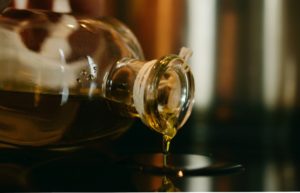
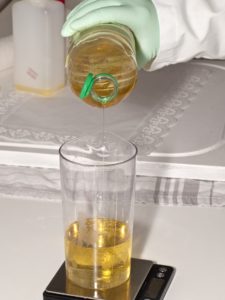
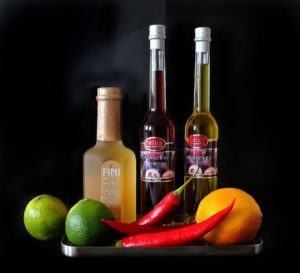
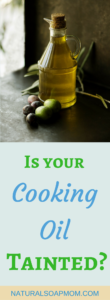
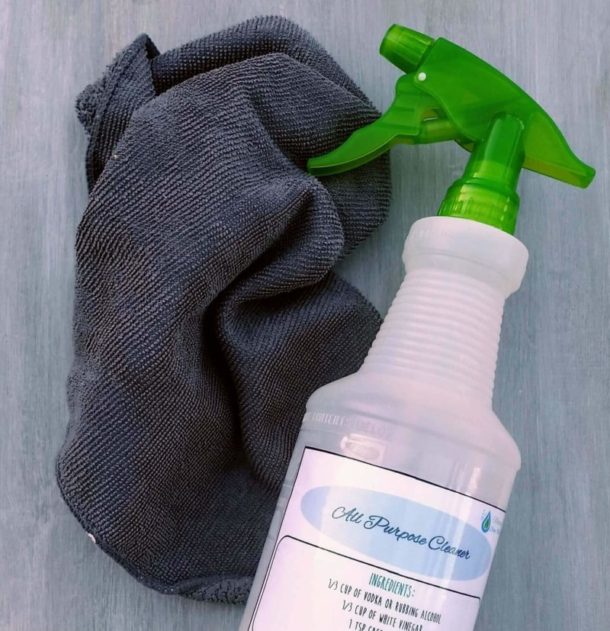


Hi Shannon, wow! Thank you for this information. I had no clue and I’m in that class that thinks olive oil is olive oil. Now I know and I’m going to be looking out for authentic natural oils using the tips you’ve explained here.
Frida!
So glad to have shared new knowledge with you!! It’s easy to be in the know once you know how.
Thanks for stopping by
Shannon
Great information that may not get enough play in the literature. We need to know. Thank you for caring.
Appreciate your article, but I was a bit taken back that your solution for determining whether the oil is hexane-free was to simply read the label. Given the overwhelming evidence that most companies will disguise facts for an extra dollar, one cannot rely on truth in labeling as even stating that it is H-free, can be untrue. There must be a way to in home test.
Perhaps Flammable is the clue.
I have also emailed the company to find out. I’d love to know how to home test.